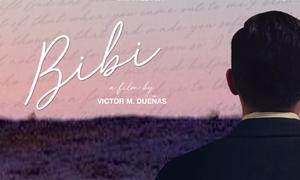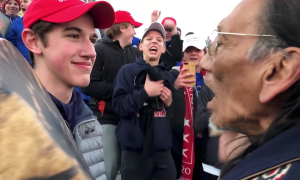student task
Do Something
My Voice, My Voter’s Guide
Estimated time Two to three weeks Why? One of the ways young students become invested in the democratic process is by become empowered advocates for civic participation in their local communities. When younger students
August 30, 2018



